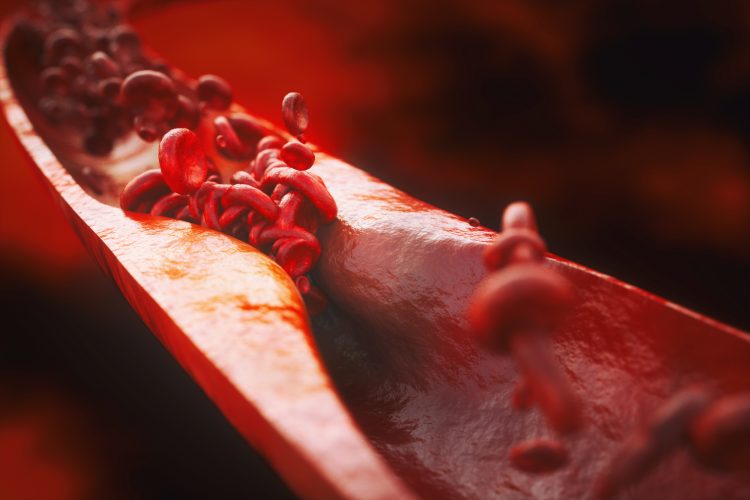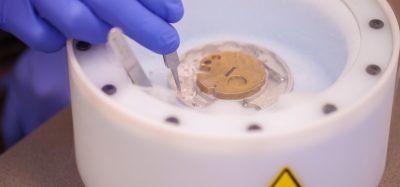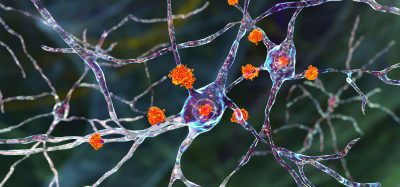PCSK6 enzyme plays a key role in vascular disease, according to research
Posted: 20 January 2020 | Hannah Balfour (Drug Target Review) | No comments yet
A new study has demonstrated that the enzyme proprotein convert subtilisin/kexin 6 causes structural and functional remodelling in vascular disease, so could be a new therapeutic target.


Research has shown that the enzyme proprotein convert subtilisin/kexin 6 (PCSK6) remodels blood vessel walls and regulates the function of smooth muscle cells resulting in unstable atherosclerotic plaques in vascular diseases. This enzyme could be a possible target for novel anti-vascular disease therapeutics, say the researchers.
…researchers hope that the success of drugs against PCSK9 – a related enzyme – could inform the design of PCSK6 targeting drugs”
In the new study, researchers from the Vascular Surgery Group at the Karolinska Institutet, Sweden, worked from their previous study, which showed that PCSK6 was one of the most concentrated molecules in atherosclerotic plaques from patients with unstable atherosclerosis in the carotid artery. In their latest work, the group studied the importance of PCSK6 in human vascular disease and found it altered the behaviour of smooth muscle and changed the structure of the vessel walls in various vascular diseases.Unstable atherosclerosis is when a plaque builds up on an artery wall either increasing the size of the vessel tissue causing a blockage or thinning and degrading the wall. These plaques can rupture when disrupted or eroded; such ruptures are the primary cause of myocardial infarction and can also cause strokes. Prior to this study, detailed knowledge about the molecular processes that make atherosclerotic plaques unstable was minimal.
The study used several large patient cohorts totalling over 5,000 patients internationally, experimental cell culture studies and animal experiments to conduct genetic analyses. Increased PCSK6 expression was found in several of the human cohorts comparing atherosclerotic lesions with healthy arteries. Mice with suppressed PCSK6 expression showed dysregulated smooth muscle cells and a lack of blood vessel wall remodelling. Furthermore, PCSK6 silencing in human smooth muscle cells in vitro led to reduced contraction capabilities.
Therefore, the team concluded that PCSK6 could become a future target molecule for the development of therapies for vascular disease.
The researchers hope that the success of drugs against PCSK9 – a related enzyme – targeted for the treatment of high blood cholesterol and cardiovascular disease could inform the design of PCSK6 targeting drugs.
The study was published in Circulation Research.
Related topics
Disease Research, Drug Targets, Enzymes, Protein Expression
Related conditions
Atherosclerosis, vascular disease
Related organisations
Karolinska Institutet, Vascular Surgery Group at the Karolinska Institutet (Sweden)








